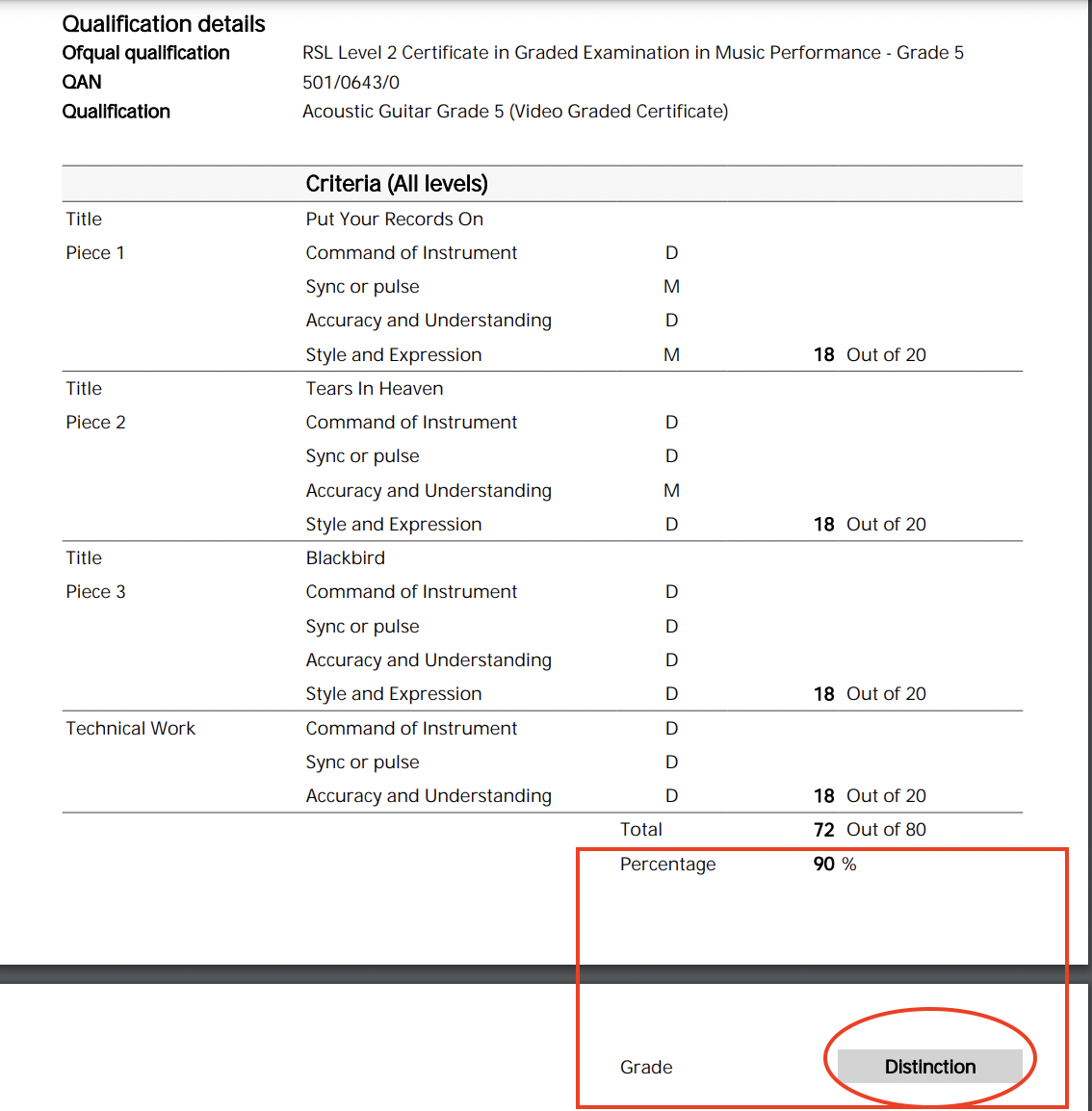Unlocking the Power of the Minor Pentatonic Scale on Guitar
The minor pentatonic scale is a fundamental of rock guitar music, from the riff of blues to the soloing of rock. Its five-note structure offers a blend of simplicity and depth, making it a favourite among guitarists of all skill levels. In this blog, we’ll dive into what the minor pentatonic scale is, how to play it, and why it’s an essential tool for any guitarist.
What is the Minor Pentatonic Scale?
The word "pentatonic" comes from the Greek word 'penta' meaning five and 'tonic' meaning tones. The minor pentatonic scale consists of five notes, extracted from the natural minor scale. In the key of A minor, these notes are:
A (root) (1)
C (minor third) (m3)
D (perfect fourth) (P4)
E (perfect fifth) (P5)
G (minor seventh) (b7)
These five notes avoid half-step intervals, giving the scale a smooth, open sound that's both versatile and easy to use.
How to Play the Minor Pentatonic Scale
Understanding how to play the minor pentatonic scale across the fretboard is crucial for unlocking its potential. It’s typically broken down into five interconnected box positions, each covering a segment of the fretboard.
Position 1 (Root Position)
Position 2
Position 3
Position 4
Position 5
Why the Minor Pentatonic Scale is Essential
Versatility
The minor pentatonic scale fits snugly into various genres—blues, rock, jazz, and even metal. Its adaptability makes it a go-to scale for improvisation and composition.
Ease of Use
With only five notes, the scale's simplicity helps beginners avoid the overwhelming complexity of other scales. This simplicity allows for easier memorization and quicker mastery.
Emotional Expression
The minor pentatonic scale's intervals lend a soulful, emotive quality to your playing. Techniques like string bending, vibrato, and slides add further expression, making each note sing.
Improvisation
Mastering the minor pentatonic scale equips you with a foundational tool for improvisation. Once you can navigate through the scale positions, you can create solos over various chord progressions with confidence.
Practice Tips
Learn All Positions: While it can be tempting to stick with the root position, learning all five positions enables you to navigate the entire fretboard seamlessly.
Use a Metronome: Practice with a metronome to develop your timing and rhythm.
Play Along with Backing Tracks: This helps you understand how the scale fits into different chord progressions and contexts.
Experiment with Techniques: Incorporate bends, slides, hammer-ons, and pull-offs to add expression to your playing.
Conclusion
The minor pentatonic scale is more than just a beginner’s scale—it's a powerful tool for any guitarist. Its five-note structure serves as the gateway to creative expression, improvisation, and mastery of the fretboard. So, grab your guitar and start exploring the endless possibilities this scale has to offer. Happy playing!



